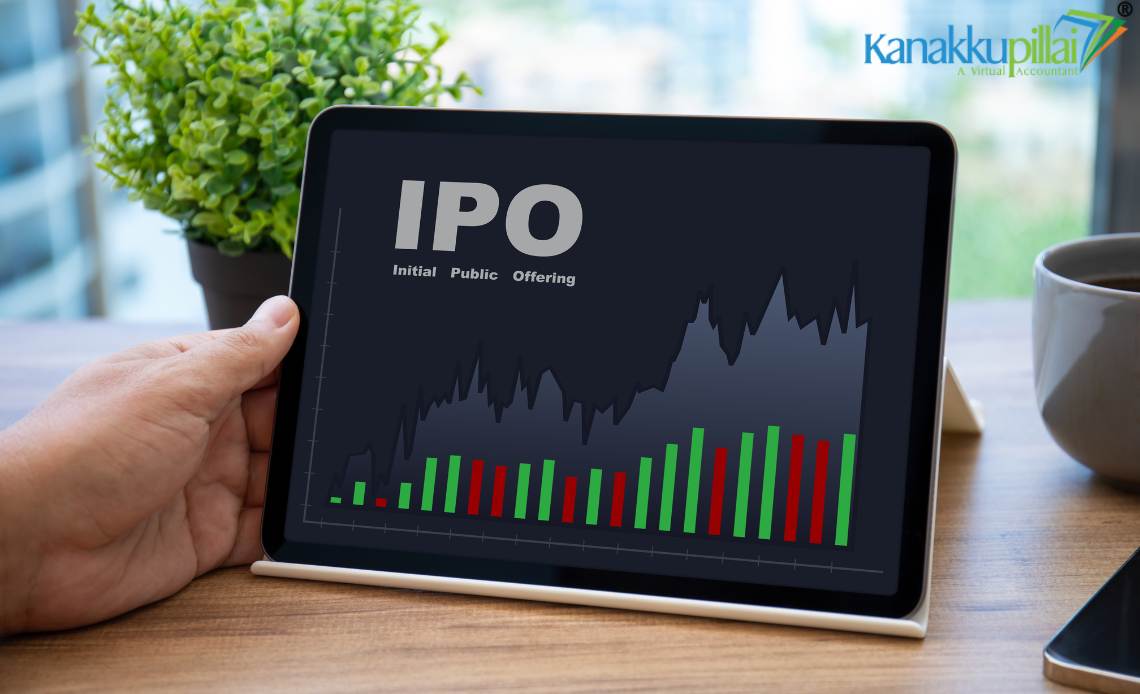Last Updated on April 30, 2025
If you’ve been looking for new ways to grow your money, you might have come across the term Pre-IPO investing. It’s gaining traction in India’s pre-IPO market, and more people are getting curious about how to invest in unlisted shares of companies. This blog is your simple guide to understanding what it means, how it works, and how you can get started.
What is a Pre-IPO Share?
Let’s start with the basics: Pre-IPO shares are shares of a company that haven’t yet been listed on the stock exchange. They are usually held by early investors, founders, or employees. You get a chance to buy them before the company becomes public and the shares are traded openly on the market.
What is Pre-IPO Investing?
Pre-IPO investing means putting your money into a company before it goes public. By doing this, you become one of the early investors and could benefit from the company’s growth when it finally lists on the stock exchange.
Pre-IPO 101: A Quick Look
There are two main ways people invest in pre-IPO stock:
- The company offers new shares to raise money for its business.
- Existing shareholders sell their shares to others looking to invest early.
How Does Pre-IPO Investing Work?
These days, Pre IPO investing has become more accessible thanks to online platforms. Here’s how it generally works:
- You choose a private company you’re interested in.
- You invest using a trusted platform that deals with unlisted shares.
- You wait for the company to either go public or offer you an exit route.
It’s very simple, but make sure to research the company before putting your money in.
How Do Pre-IPO Investors Make Money?
Here’s how people usually earn from India pre-IPO investments:
- Hold the shares for the long term and wait for the company to grow.
- Sell after the lock-up period once the company is listed.
- A company buyback, which means some companies offer to buy back shares from early investors.
Why is Pre-IPO Investing Becoming Popular?
Many investors like the idea of getting in early. You’re buying shares before the rest of the market, and often at a lower price. If the company does well after the IPO, the returns can be very rewarding.
Why More People Are Looking to Invest in Pre IPO Companies
There’s a growing interest in pre-IPO investing, and for good reason. Here’s why more investors, both big and small, are getting interested:
- High Growth Potential: Pre-IPO companies are often in their early stages of growth. If the company performs well after going public, your early investment could give you much higher returns compared to buying the stock post-IPO. It’s like getting in before the price goes up.
- Institutional Interest: When well-known venture capital firms or institutional investors put their money into a company before it lists, it shows trust. Retail investors often follow these moves, hoping to benefit from the same opportunities as the big players.
- Market Demand: The scope for promising private companies is great. Everyone wants a chance to invest in the next big thing, whether it’s a tech startup or a fast-growing consumer brand. The demand keeps growing as success stories become more common.
How to Pick the Right Pre-IPO Stock?
When picking the right pre-IPO stock, keep these key factors in mind:
1. Research the Company Thoroughly
You need to understand the company’s goals and its growth trajectory, and how it plans to grow.
- Business Model: Find out if it is scalable and sustainable for the long run. A strong business model should support long-term growth.
- Market Potential: Does the company belong to a high-growth industry? An industry should show promise and expansion opportunities.
- Financial Health: You need to check the revenue, profit, and debt levels of the company. Look for steady growth, healthy profits, and manageable debt before investing.
2. Industry Knowledge
You must get familiar with the company’s industry and future trends.
3. Assess Market Trends and Industry Outlook
A growing market can boost the company’s future prospects. You should do a little market research before investing.
4. Who Else Is Investing?
Look for backing from top VCs or institutional investors, and make sure some big names are investing in the company as well. It creates trust.
5. Access to Shares
Always invest through a trustworthy platform. To access pre-IPO stock, here are some trusted platforms:
- InCred Money – Considered one of the best pre-IPO investment platforms, InCred Money lets you invest with ease. You get expert guidance and full transparency, with no hidden charges.
- Sharescart – Simple to use, with access to a range of Indian pre-IPO shares.
- UnlistedZone – Offers detailed insights and company updates to help investors.
6. Risks You Should Be Aware Of
While the rewards can be great, there are also risks when you invest in unlisted shares of companies:
- Liquidity Risk: It may be hard to sell your shares quickly.
- Lack of Information: Private companies don’t share as many details as public ones.
- Valuation Issues: It’s tough to be sure how much the shares are truly worth.
7. Exit Strategies You Should Know
Before investing, be clear about how you’ll get your money back. Common exit routes include:
- Selling your shares after the company lists
- Company buybacks
- Selling to other private investors
Pre IPO investing is an exciting opportunity if you want to be an early part of a growing company’s journey. It’s gaining interest in India, and more people are exploring ways to get in before the big IPO day. But like any investment, it’s important to do your homework and use a trusted platform. If you’re ready to begin, trustworthy platforms can make the process smooth, reliable, and rewarding.





